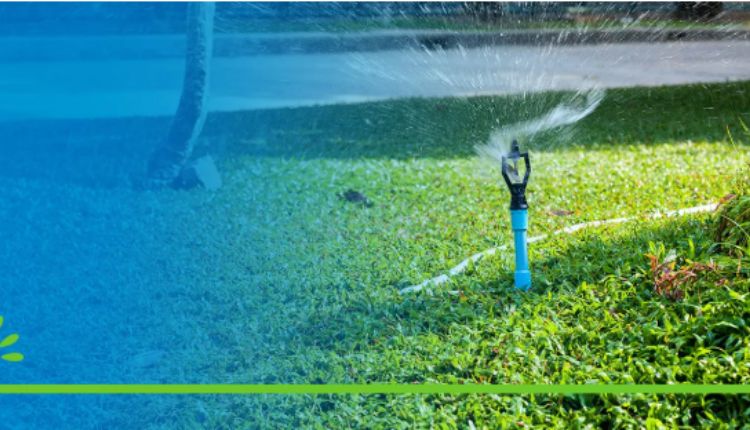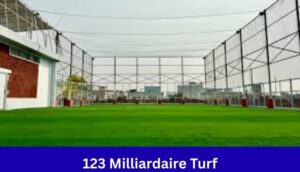
Freeze
As the temperatures in Harrisburg start to drop, homeowners must take proactive steps to protect their properties from the harsh effects of winter. One often overlooked but critical task is winterizing your sprinkler system. Failing to do so can lead to frozen pipes, cracked valves, and costly repairs. Here’s a comprehensive guide to help you safeguard your sprinkler system and avoid unnecessary headaches.
Why Winterizing Your Sprinkler System Is Essential
A sprinkler system is an investment that keeps your lawn lush and vibrant during the growing season. However, when water remains in the pipes during freezing temperatures, it can expand and cause serious damage. Cracked pipes, broken sprinkler heads, and damaged backflow preventers are just a few problems you could face if winterization is neglected. The cost of repairing these damages can far exceed the expense of preparing your system for winter.
Proper winterization ensures the longevity of your sprinkler system and saves you from the hassle of dealing with extensive repairs in spring. It’s a small effort that delivers long-term benefits, including peace of mind.
Step-by-Step Guide to Winterizing Your Sprinkler System
Winterizing your sprinkler system isn’t as daunting as it sounds. Follow these steps to ensure your system is ready to withstand the cold Harrisburg winter:
1. Shut Off the Water Supply
Locate the main shutoff valve for your sprinkler system and turn it off. This step is critical to stop water from flowing into the pipes. If your valve is located outdoors, ensure it’s insulated to prevent freezing.
2. Drain the Water from the System
Water left in the system can freeze and expand, causing damage. Draining your system is crucial, and there are three common methods to do this:
- Manual Drainage: Open the drain valves to allow water to flow out naturally.
- Automatic Drainage: If your system has automatic drain valves, they will open and release water when the pressure drops.
- Blow-Out Method: With this technique, any leftover water is forced out using compressed air. It’s highly effective but should be done by a professional to avoid damaging your system.
3. Protect the Backflow Preventer
The backflow preventer is an above-ground component that prevents contaminants from entering your drinking water supply. Because it’s exposed to the elements, it’s particularly vulnerable to freezing.
- Insulation: Use insulating tape or a backflow preventer cover to keep it protected.
- Drain It: If possible, drain water from the backflow preventer.
4. Inspect and Cap Sprinkler Heads
Examine the sprinkler heads for any damage or debris. Clean them thoroughly and cap them to prevent dirt or snow from entering. This also reduces the risk of water seeping in and freezing.
5. Disconnect and Store Hoses
If you use hoses connected to your sprinkler system, disconnect them, drain any remaining water, and store them indoors. This prevents freezing and prolongs the life of your hoses.
6. Schedule Professional Help if Needed
If you’re unsure about any step, it’s wise to consult a professional. Companies specializing in sprinkler repair Harrisburg PA can ensure the job is done correctly, protecting your system from damage.
Tips for Protecting Above-Ground Components
Above-ground components, such as pipes, valves, and the backflow preventer, are most vulnerable to winter conditions. Here are a few tips to safeguard them:
- Use Insulation: Wrap exposed pipes and valves with foam pipe covers or insulation tape.
- Install a Protective Cover: Consider adding a durable cover over above-ground components to shield them from snow and ice.
- Elevate Components: If possible, raise above-ground parts slightly off the ground to reduce direct contact with ice or puddled water.
The Cost of Neglect
Neglecting to winterize your sprinkler system can lead to hefty repair costs. For example, a cracked pipe repair could cost hundreds of dollars, while replacing a damaged backflow preventer may set you back even more. Additionally, landscaping repairs to fix water damage caused by a broken sprinkler system can add to the expense.
In contrast, investing time or a modest fee for professional winterization is a cost-effective way to protect your system and avoid these financial burdens.
When to Winterize in Harrisburg
In Harrisburg, it’s best to winterize your sprinkler system before the first freeze, typically in late October or early November. Waiting too long increases the risk of freeze damage. Keep an eye on weather forecasts and plan ahead to ensure your system is protected in time.
Partnering with Professionals
If winterizing your sprinkler system feels overwhelming, professional assistance is always an option. Many landscaping Harrisburg PA companies offer winterization services tailored to local weather conditions. These experts have the knowledge and tools to ensure your sprinkler system is thoroughly prepared for the cold months ahead.
Conclusion
Winterizing your sprinkler system in Harrisburg is a vital step in protecting your investment and avoiding costly repairs. By shutting off the water, draining the system, and insulating vulnerable components, you can ensure your system remains in top shape through the winter.
For added peace of mind, consider enlisting the help of experts in sprinkler repair Harrisburg PA or landscaping Harrisburg PA. With their guidance, your system will be ready to spring back to life when warmer weather returns.
Take action today to protect your sprinkler system from winter freeze—your lawn and wallet will thank you!







